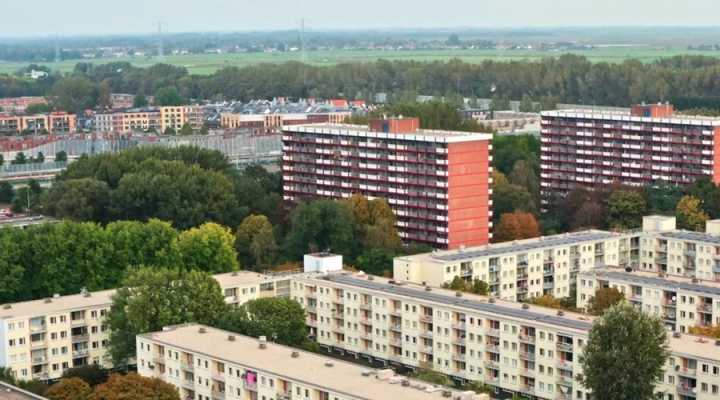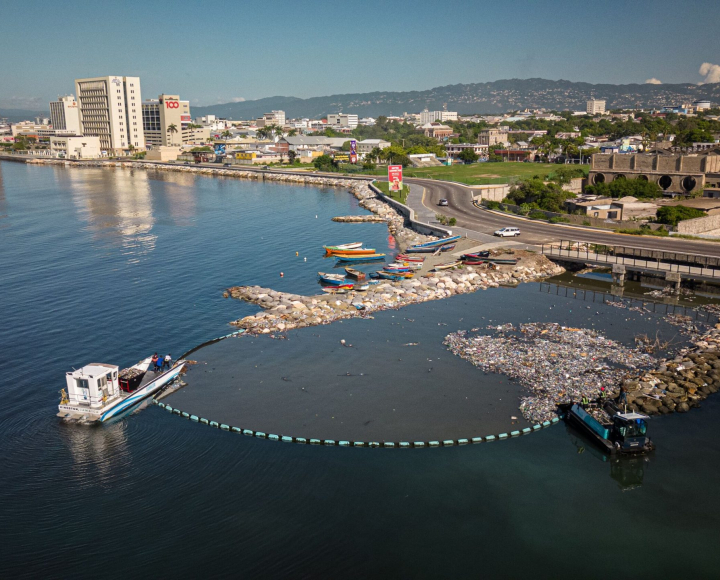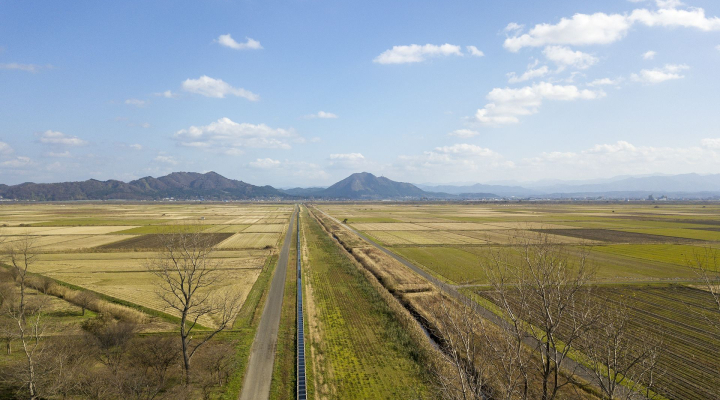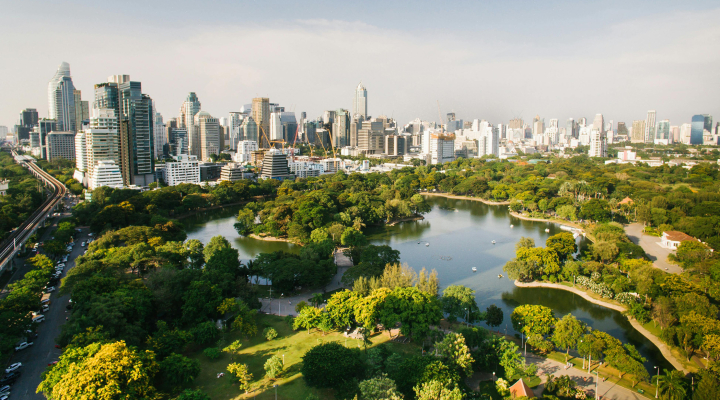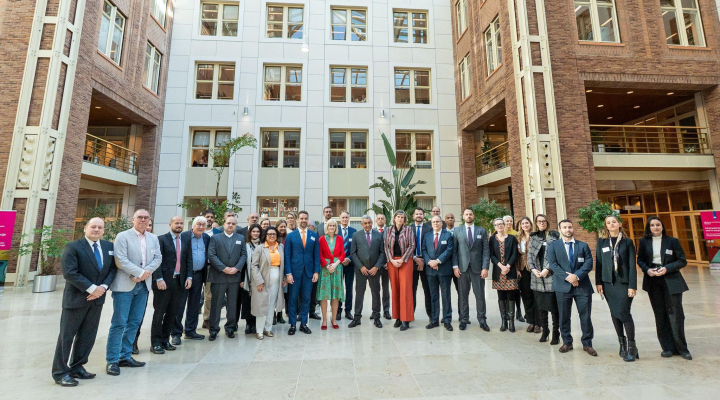Towards good water management in Colombia
What can we learn from water management in Colombia, where water is inseparably connected with landscape and culture? A lot – as revealed by a number of lessons emerging from the InspirAgua programme, a collaboration between Colombian and Dutch water partners.
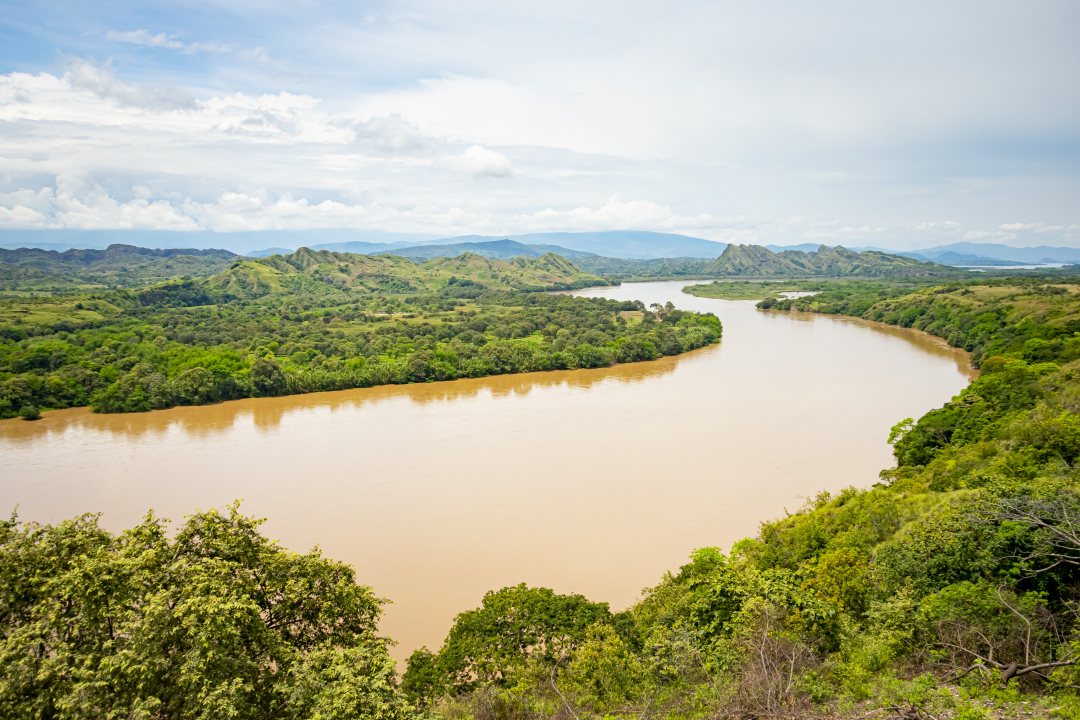
First some geography. The population of Colombia has been living with water for generations, across a country that ranges from the Atlantic to the Pacific Oceans. The country includes part of the globally well-known Amazon river basin in the south of the country. Three of its main river catchments — the Amazonas, Orinoco and Magdalena — are fed by the meltwater of Andean glaciers, and receive twice as much precipitation than the Netherlands annually.
In 2011 the vast amount of water proved more than the country’s water infrastructure could cope with. Heavy floods and mudslides caused great damage and losses especially in mountainous areas. This initiated a review of and general reflection on water management practices. One conclusion, drawn by the Colombian Government, is that improved communication between various levels of government is urgently needed. Even though risk awareness is high and there is substantial knowledge of efficient water management among rural communities, coordinated actions and communication between national, regional and local authorities would help address future water challenges.
The intensity of heavy rainfall, floods and mudslides, on the other hand, is in stark contrast with climate change effects of a different order. In this context, increased water shortages are expected during dry months. Extended dry spells, brought on by El Niño, a natural phenomenon in the Pacific Ocean that is contributing to increasing global temperatures, will put additional stress on an already stretched water cycle.
Urgent action is needed to face these challenges and safeguard the nation’s future water security.
Integrated water management
"We face many challenges," says Diana Vargas of the Department of Sustainable Development and Waterway Management at the Cormagdalena government agency which is responsible for the safe and prosperous development of the Magdalena river basin. She is one of the key drivers of InspirAgua, a programme under the flag of the Blue Deal Programme. InspirAgua aims to enhance water security, water availability, and water quality in different areas along the Magdalena, the largest river in the country.
InspirAgua was initiated by Colombia and the Netherlands to encourage water professionals from both countries to improve their water systems — from the level of local communities to regional environmental authorities, to supra-regional planning organisations such as Cormagdalena.
“We need a programme like this, that stresses an integrated approach to water management,” says Vargas. “When developing interventions for flood, drought and climate related challenges, we immediately saw that local water management is very complex. For low-income communities, access to safe water is also a top priority. We need to overcome conflicts between different stakeholders or water users such as fishermen, farmers, and industries."
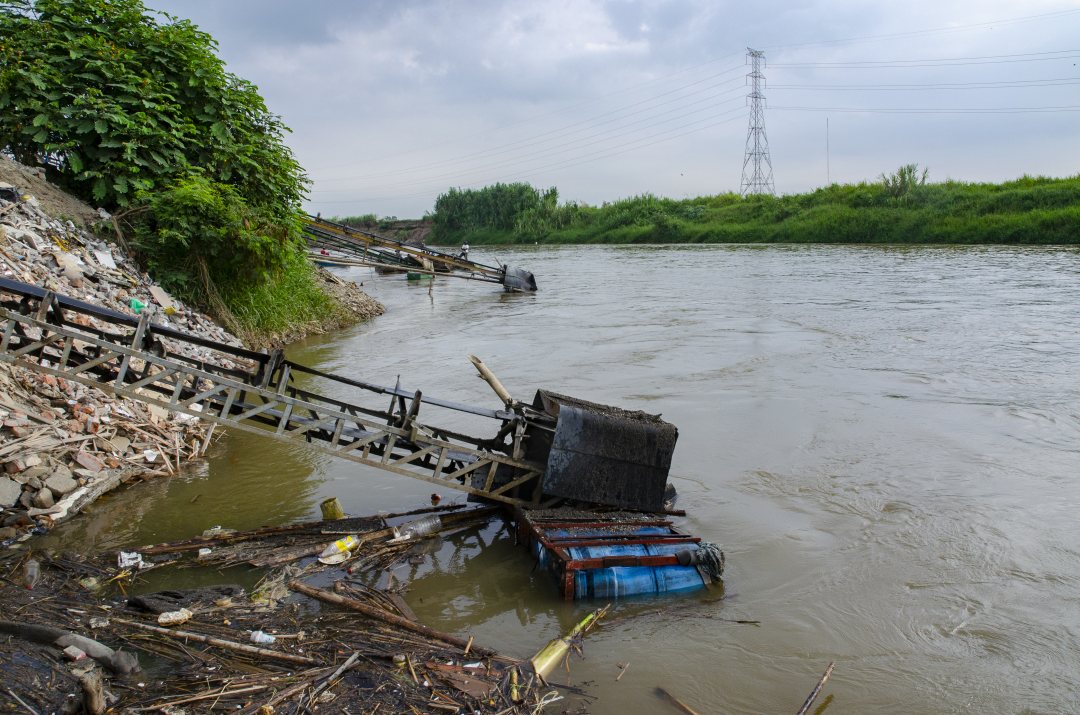
Thinking across mountains
According to Vargas, "collaboration between mayors, residents, regional environmental authorities, and the national river management authority is key. These different parties must jointly tackle various themes, from data monitoring to disaster response, from wastewater processing to issuing permits and legal enforcement."
Close coordination is especially valuable when planning at different levels, says Vargas. For example, if municipalities invest in flood protection or wastewater treatment plants, there may be unintended regional effects downstream or at the river basin level. Recently, to avoid such intra-basin conflicts, InspirAgua helped facilitate the collaborative process at the core of the Magdalena macro-basin watershed management plan, bringing stakeholders from across the different levels together in a joint policy planning effort.
According to Vargas, this was no small task. "Our mindset has been influenced by conflicts, but also by the mountain landscape. We are not used to looking behind the mountain and learning from the opportunities in other communities. Mountains are barriers, like institutional silos. We need to build meaningful relationships with residents right from the beginning of a project. Through InspirAgua, we started to invite communities and build trust. We showed that we valued the knowledge exchange. We have learnt to learn along the way, and to bring people together to create a sustainable river basin that addresses various topics. This is the biggest achievement so far."
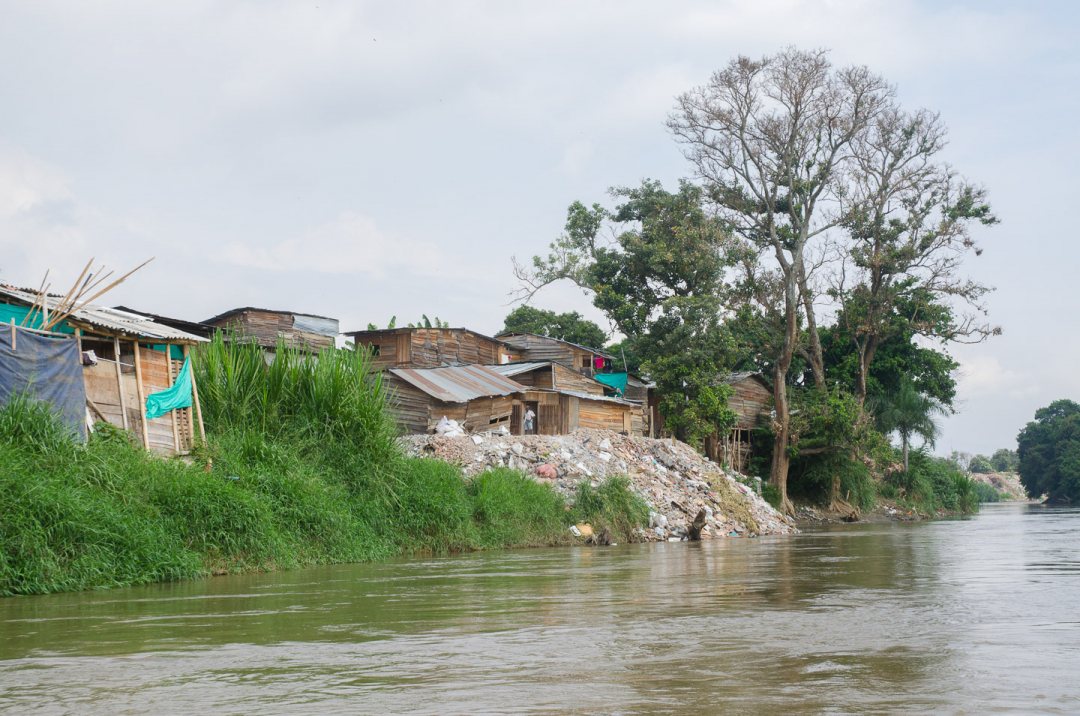
Implementation of actions
Despite the corona crisis, practical work is being carried out under InspirAgua. As part of the efforts to restore the Manantí Corridor in western Santander, the Programme is supporting the development of the Santander Water Information System and the establishment of an improved participatory monitoring system. This will help the relevant authorities take more informed decisions, for example on the hydrological and ecological restoration of the Manantí corridor.
The departmental, municipal and environmental authorities are strengthening cooperation and improving their understanding of the hydro-ecological functioning of the floodplains of the Magdalena River. They expect that this will help them assess the effects of climate change better and thus formulate and implement effective measures that will improve the living conditions and the prosperity of the citizens living in river catchments.
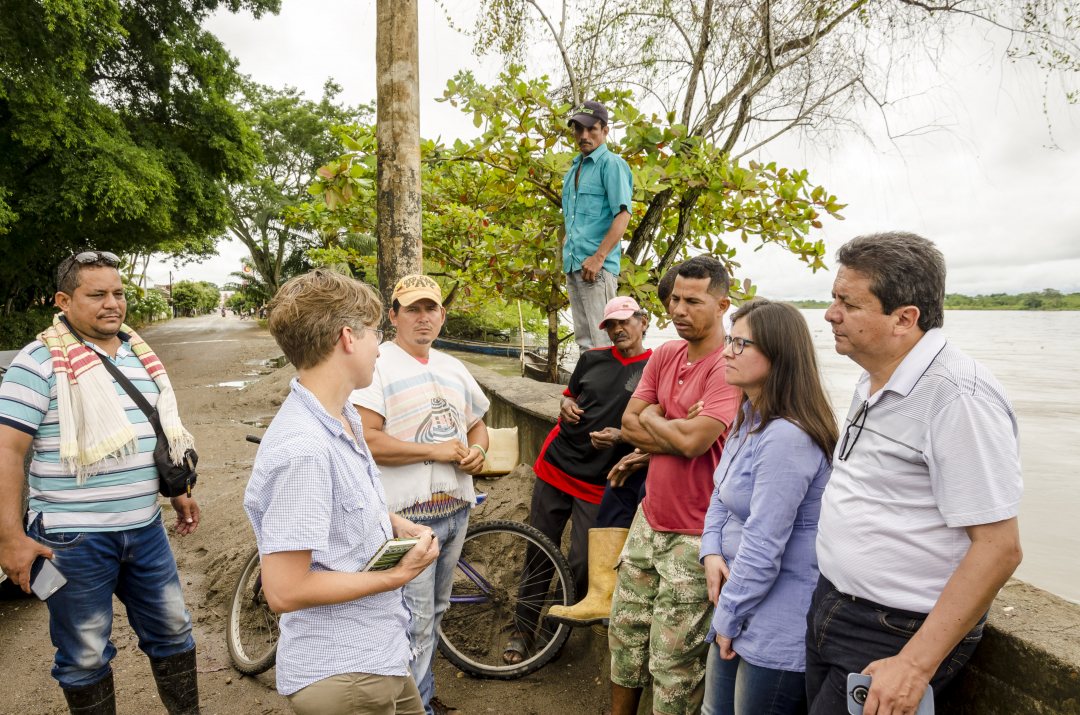
Something is starting to change
"The key to success is the cooperation that is now taking place between partners on an equal footing, and with an open mindset," says InspirAgua Programme Manager Ellen Bollen-Weide. "For example, we provide institutional guidance and practical cases to our counterparts. We suggest authorities with whom to co-design interventions with local communities. From these experiences we in turn learn about improvements that could be made in granting permits and about the challenges of enforcement. In some cases, software and data driven models are good options to support the management and maintenance of infrastructure such as dikes and treatment plants."
According to Bollen-Weide, the Netherlands can learn from Colombia about how to organise spatial planning in a more adaptive way and in accordance with community needs. "In Colombia, the Government is reinventing itself. It presents its plans and decisions to the population in various ways such as participation platforms that give stakeholders and minorities a say in policy development. While they may not always meet everyone’s expectations, these are signs that the authorities are trying to adapt policies to local needs."
Water experts around the world can learn from the extreme situations in Colombia and the resourcefulness, resilience, and creativity of the inhabitants. While flooding and landslides after heavy rainfall may seem like distant threats, climate change could bring them to our own doorstep as well. If streets turn into rivers during heavy rainfall, good preparation and knowledge accumulation about extreme and large-scale risk areas are necessary.
The highlights for Bollen-Weide are "the collaboration between Colombia and the Netherlands that invites us to reflect on the why of the Dutch waterworks — why Dutch systems, rules, tools, and management are as they are, and what would be required to change things. It inspires out-of-the-box thinking that is needed to bring about radical adaptation in the face of mounting challenges for both Colombian and Dutch organisations. With shared expertise comes shared inspiration and the hope to achieve resilient and more equitable water futures."
Would you like to know more about the work of the InspirAgua in Colombia? Contact Programme Directors: Ellen Bollen-Weide and Louis Bijlmakers.
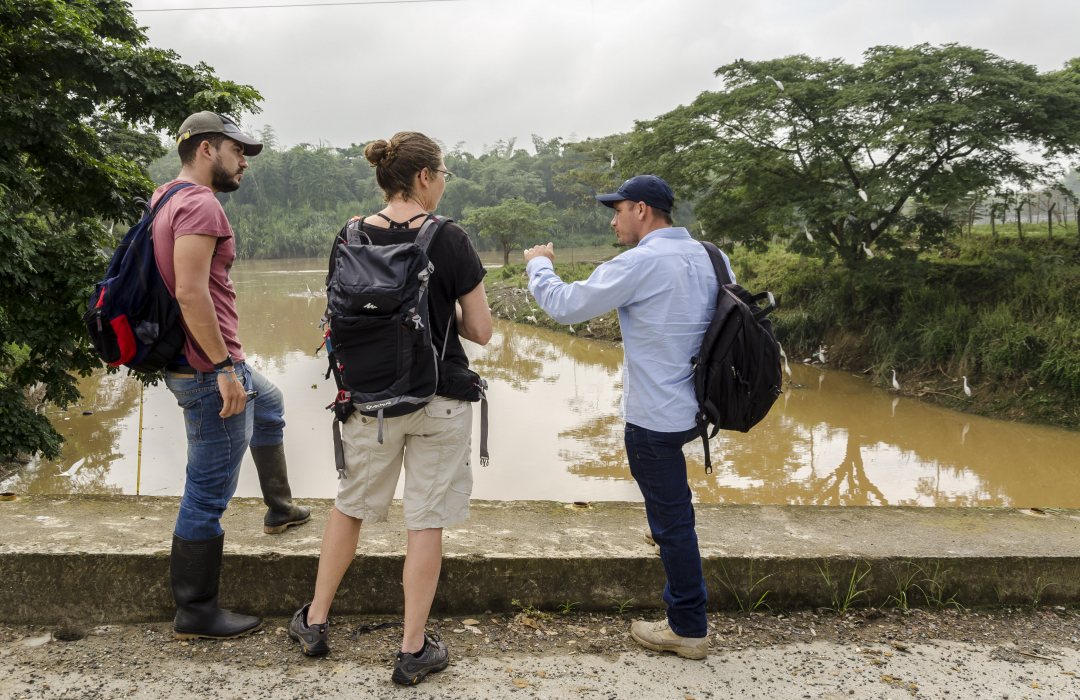
NL - Colombia water cooperation - a series
This series of articles about Colombia is an initiative of the Partners for Water Programme to explore and report the main findings of the water cooperation between the Netherlands and Colombia from the perspective of the local counterparts. In this series, we examine the question of how local communities deal with water, what we can learn from them and how they experience working with Dutch organisations. The first article of the series, written by Delta expert and publicist Joep Janssen, is dedicated to InspirAgua, a collaboration programme between the Dutch Water Authorities and their Colombian counterparts. InspirAgua is a key ally of the Partners for Water Programme in Colombia.




